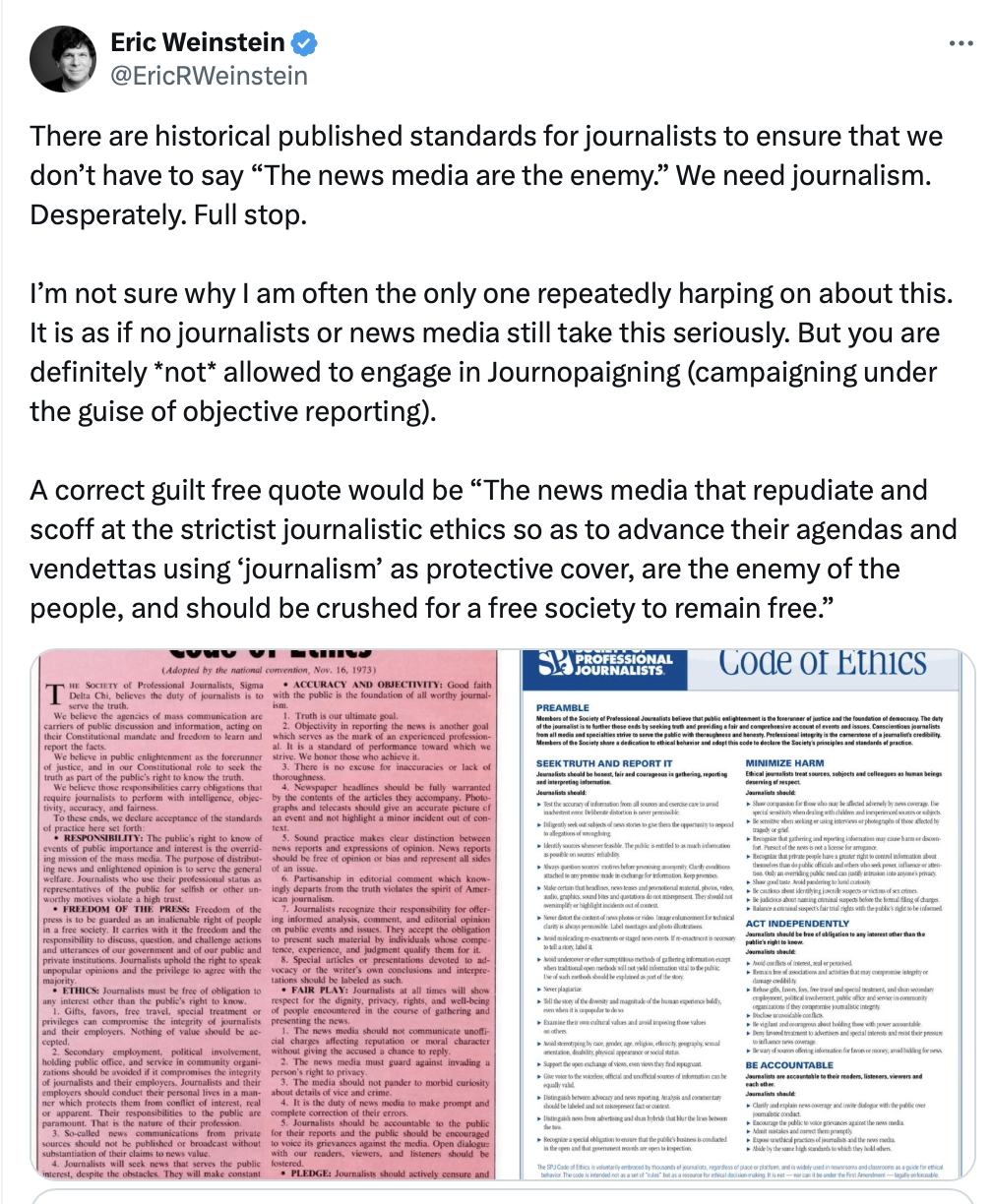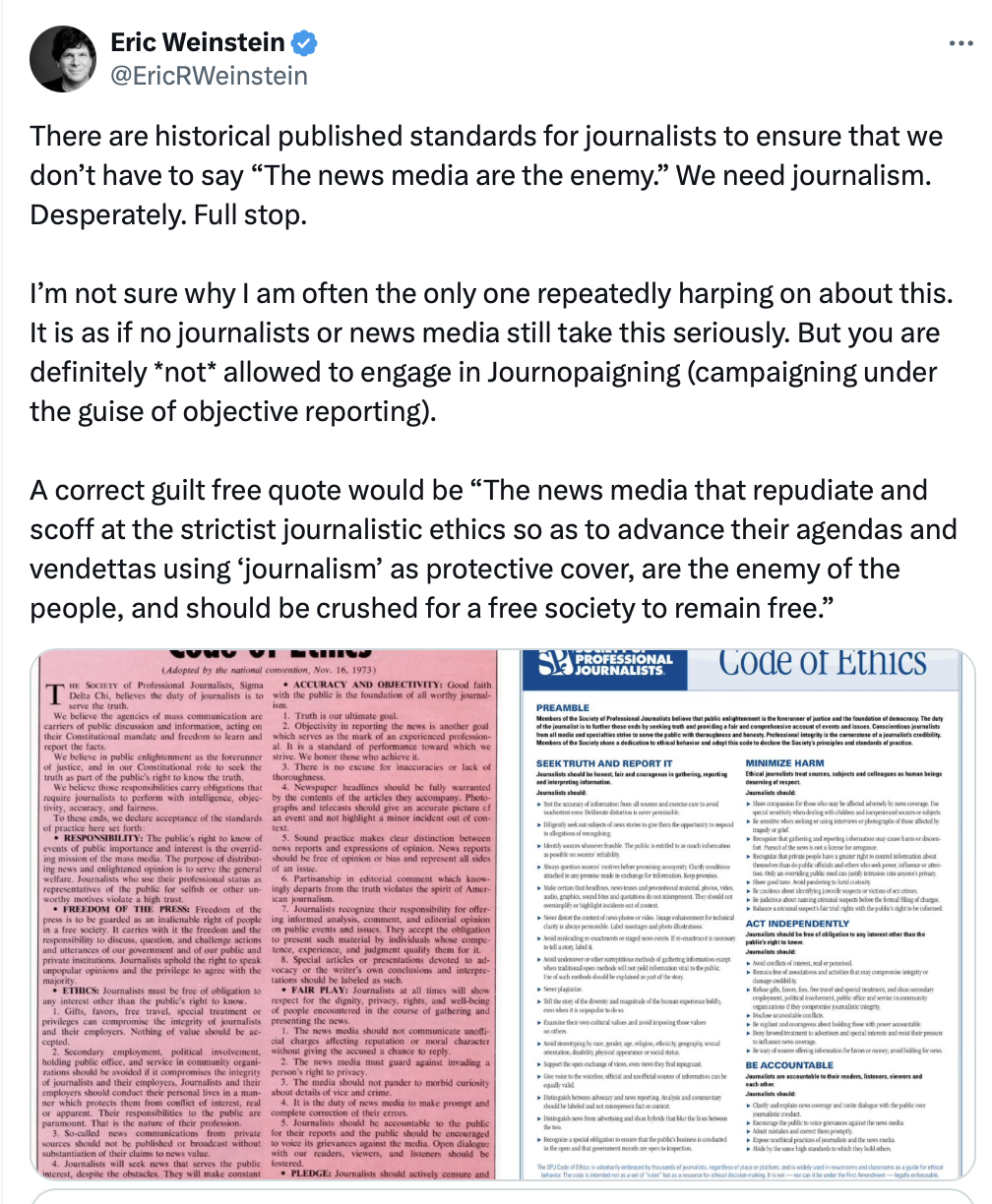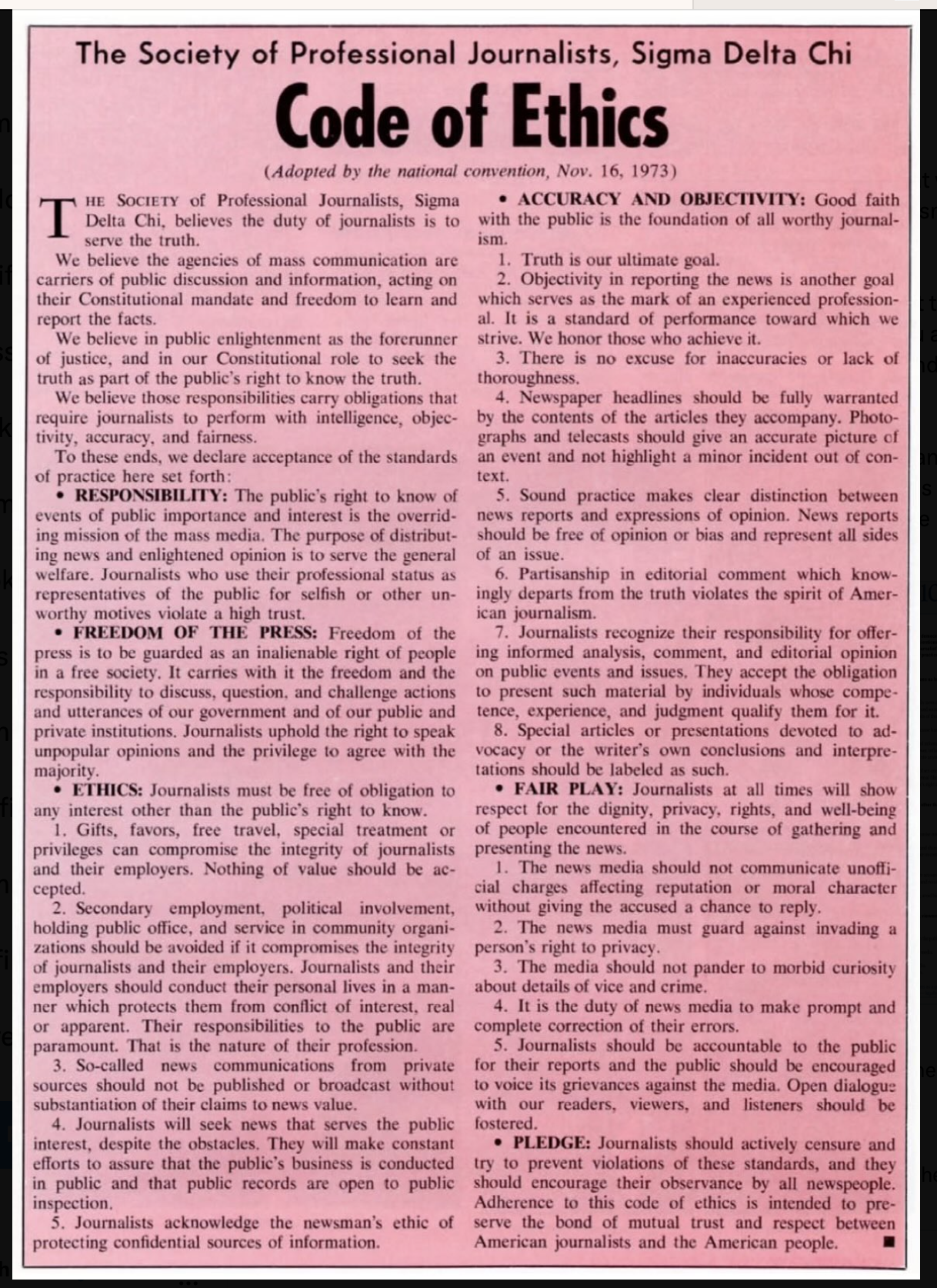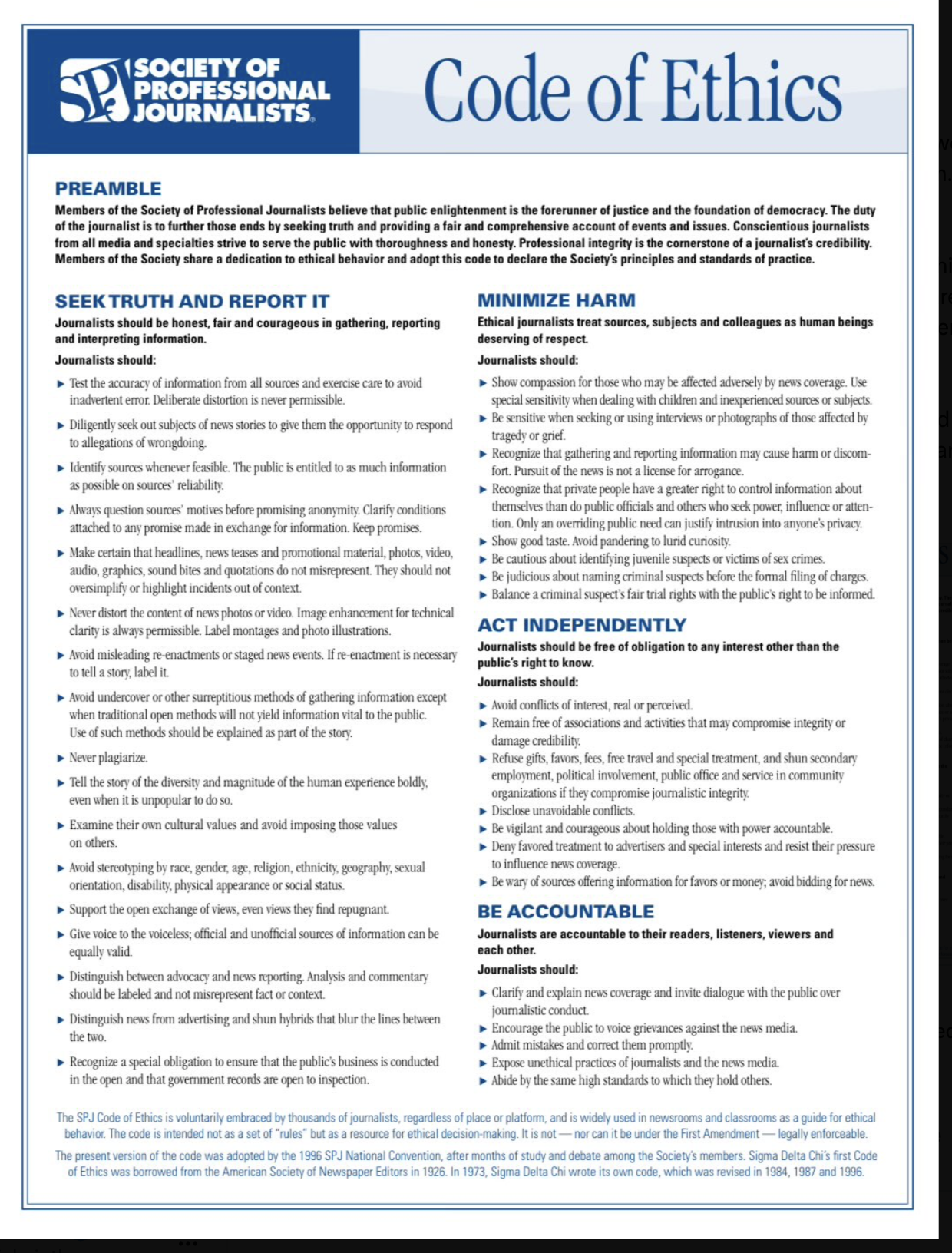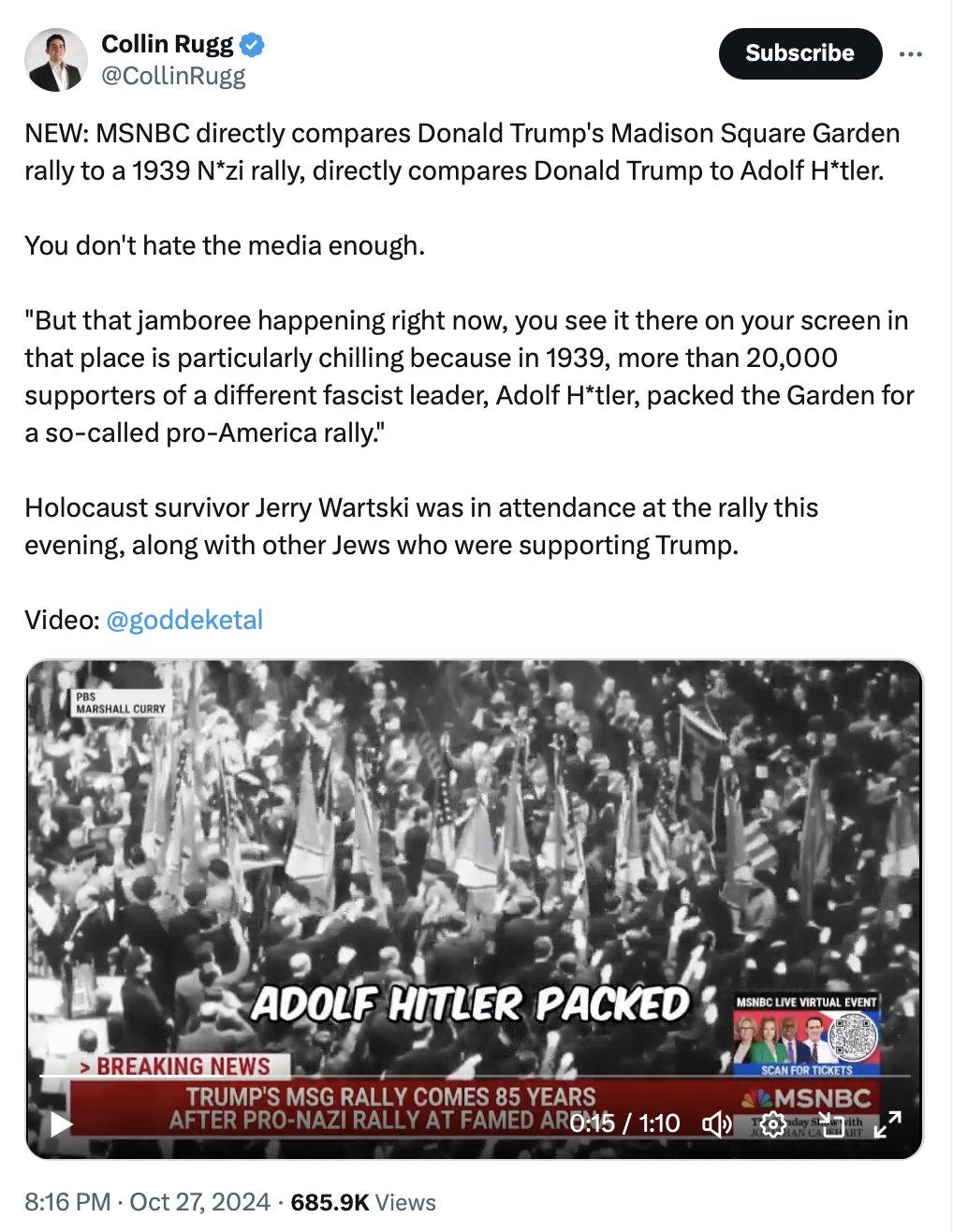The Color Revolution Playbook. What is the Blob’s Strategy During/After this Election
Start at Min 5 . . . then see below.

Excellent Summary of Mike Benz by Robert Randanon (@Randanon5):
Step 1: Delay, prevent certification, buy time to execute a color revolution regime change at the point of maximum vulnerability
Here's the formula to prevent Trump from taking office, per @MikeBenzCyber, keying off "Transitions from Postcommunism" by fmr Amb to Russia, CIA #colorrevoluion coordinator, Michael McFaul:
Following this, we'll talk a bit about the key Blob vulnerabilities and how to counter it.
The Playbook:
-
- De-legitimize the Trump win -- must happen quickly and delay any certification
- Prevent certification via chaos, threats to key congress people, immense media pressure, and massive public protests and street riots (rent-a-mobs + useful idiots), etc. (The mob is crucial. The mob muscle is the most important pressure mechanism.)
- Move the decision to SCOTUS, and pile on the pressure to void Trump's win.
- Media surround-sound lionizes the mob as freedom fighters, fighting for "democracy" and it's non-stop. The country is "on fire."
- The SCOTUS justices are intimidated, as they were in 2020... install Trump in office and "the whole country will burn down." Redo the election? Can't! The country will burn!
- SCOTUS acquiesces, to "save the country," and appoints Harris and the Blob maintains control via their color revolution. (Once they're in power, I would expect the political prisoner count to go through the roof.)
- Per Benz, the final "arrangement" is a compromise, a split between the guys with guns (often feds vs more local law enforcement). They stand down.
How Do you Stop a Color Revolution? What is the Achilles heel? Well, we have examples of it. Several of them in different areas of the world have in fact been intercepted and stopped, but it takes some strong action. There are three key vulnerabilities. They are:
Media Control
Rent-a-mob generation, and
Corporate Extortion Funding
-
- Absolute control of the media -- The Blob has to control the narrative. They must portray the plight of "poor demonstrators" as highly moral, a fight for "freedom" against "tyranny." The rioters are saints, fighting against a clearly "stolen election." The rioters are the "saviors of democracy."

